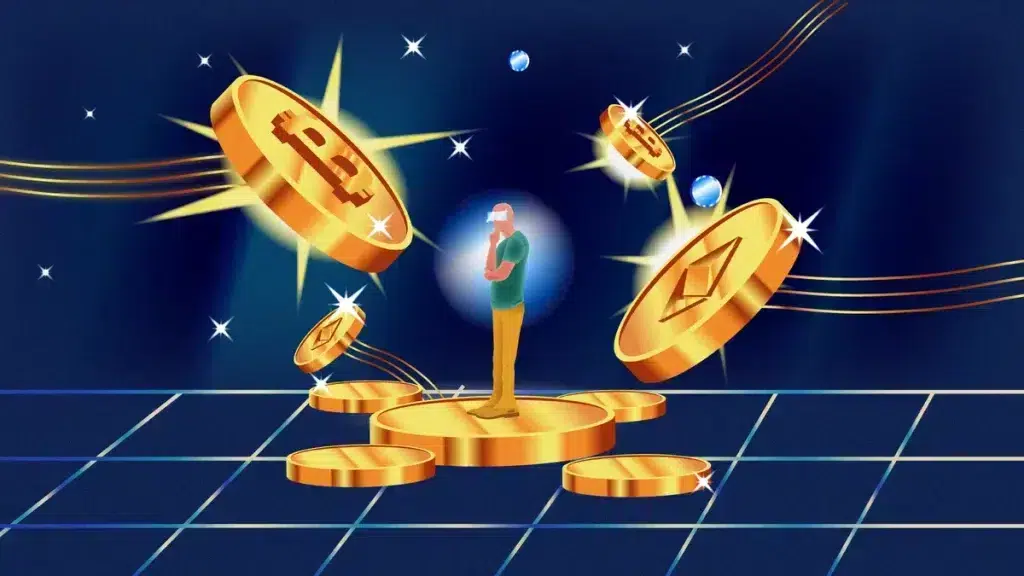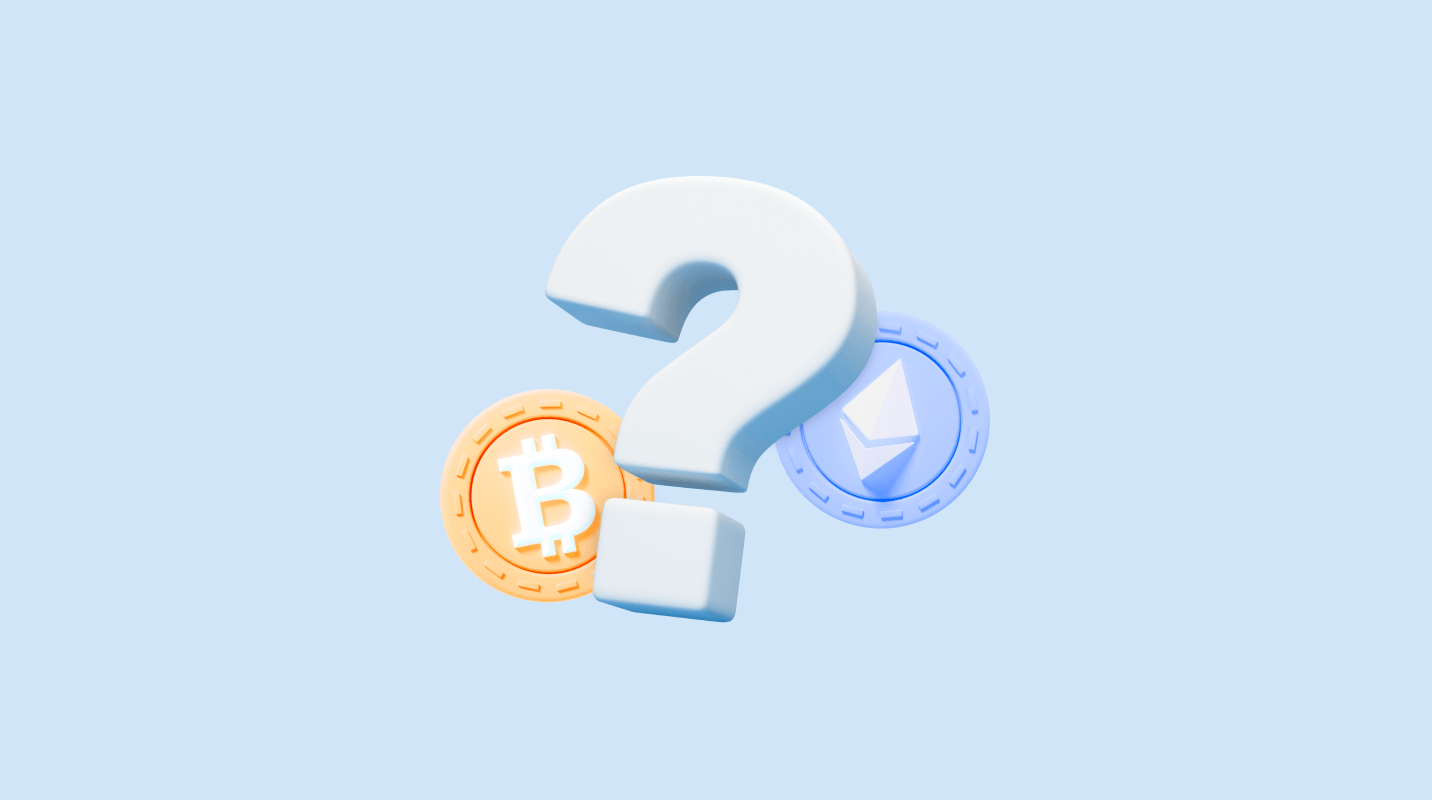Blockchain technology has revolutionized the way value is transmitted in the digital realm. Two decades ago, the idea of making instant payments or funds transfers anywhere in the world with minimal costs was unthinkable. At the heart of this transformation are cryptocurrencies, with Bitcoin (BTC) at the forefront. However, beyond direct financial applications, there are a variety of digital assets known as tokens. These were not designed primarily as a means of payment, but serve to record and transmit value within the blockchain ecosystem.
The Context of Blockchain Technology
Before diving into the intricacies of tokens, it is essential to understand the broader context of blockchain. In essence, the blockchain is an immutable, decentralized digital registry that records transactions in a secure and transparent manner. It functions as a distributed digital ledger, accessible to all network participants. Each block of information is linked to the previous one by means of complex cryptographic algorithms, forming an unalterable chain of blocks, hence the name“blockchain“.
The blockchain is no longer simply the technology behind cryptocurrencies; it has become a means to transform entire industries. From supply chain management to electronic voting, blockchain offers an incorruptible and transparent record that redefines trust in the digital world.

The emergence of tokens
In this context, the notion of“tokens” arises. These digital elements represent specific assets or utilities and operate within blockchains. The emergence of tokens has expanded the functionality of the blockchain beyond simply transferring value in the form of cryptocurrencies. Now, these tokens can represent from physical goods (RWA: tokenization of real assets), to access rights , and their issuance is carried out through smart contracts, autonomous computer programs that automatically execute agreements when certain conditions are met.
What is a Token?
A token in the context of blockchain is a unit of digital value issued by a platform through a process known as tokenization. Unlike traditional cryptocurrencies, such as Bitcoin and Ethereum, which act as digital currencies, tokens represent specific assets or utilities on a particular blockchain network. These can represent anything from physical assets to access rights or participation in a specific platform.
Tokens are created using smart contracts, which are computer programs that automatically execute agreements when certain conditions are met. This tokenization process has enabled the creation of a wide variety of tokens, each with its own unique purpose and function in the blockchain ecosystem.
Differences between tokens and Cryptocurrencies
Although the terms“cryptocurrency” and“token” are often used interchangeably, there are key differences that are important to understand. Cryptocurrencies, such as Bitcoin and Litecoin, are digital currencies native to a blockchain. The main function of cryptocurrencies is to serve as a medium of exchange, allowing users to buy, sell and transact. In addition, they act as a store of value, similar to how gold and other fiat currencies are perceived. They operate in a decentralized network, providing a high level of security and resistance to censorship or external interference.
Unlike cryptocurrencies, tokens can represent a wide range of assets or rights beyond mere monetary value. This ranges from digital representations of physical assets (such as real estate or art) to access rights to services or functions within a specific platform. Tokens are generally created and operated on existing blockchains, such as Ethereum, using tokenization standards such as ERC-20 for fungible tokens or ERC-721 for non-fungible tokens(NFTs). This allows developers to issue new types of digital assets without the need to create a new blockchain from scratch.

Token Classification
Tokens can be classified into different categories according to their function and characteristics. Two main categories are utility tokens and security tokens.
Utility Tokens (Utility Tokens)
Utility tokens are specifically designed to be used within a blockchain platform, providing access to services or functions offered by that platform. These tokens are a key enabler for many decentralized applications(dApps) and blockchain ecosystems, as they facilitate internal transactions and enable special features. For example, a utility token can allow users to purchase cloud storage services, play on decentralized video game platforms, or participate in project governance systems, where they can vote on important decisions regarding the future development of the project. Unlike traditional currencies or cryptocurrencies such as Bitcoin, which are focused on being means of payment, utility tokens are focused on functionality within their native ecosystem.
For example UNI is the native token of Uniswap, a decentralized exchange operating on the Ethereum blockchain. It provides token holders with governance rights, allowing them to vote on key decisions about the future development of the protocol. Uniswap is a key player in the decentralized finance ecosystem (DeFi). LINK is the Chainlink token used to pay for services on the network, such as data requests, and is also used to incentivize data providers to provide accurate and timely data.
Advantages of Utility tokens
✅ Access to Services: Utility tokens provide their holders with access to services or functions within a blockchain platform. This may include the use of decentralized applications(dApps), cloud storage services, or participation in special events.
✅ Encouraging Community Participation: By requiring tokens for certain actions within the platform, active community participation is encouraged. This can help build a more robust and engaged ecosystem around a project.
✅ Funding Model for Startups: Selling utility tokens in an initial coin offering(ICO) or through other funding mechanisms provides startups with a way to raise funds without diluting ownership by issuing equity.
✅ Circular Economy: Utility tokens can be designed to foster a circular economy within the platform, where the value generated benefits both users and project developers.
✅ Transparency and Security: Since utility tokens operate on the blockchain, all transactions are transparent and secure. This minimizes the risk of fraud and improves trust in the ecosystem.
Disadvantages of Utility tokens
❌Volatilityin Value: may experience high volatility in value. This may affect the stability of the services or resources that can be acquired with them and deter users and investors.
❌ Ambiguous Regulation: The lack of regulatory clarity in many countries regarding utility tokens and ICOs can pose legal risks for projects and their investors, including possible penalties if they are considered securities without proper authorizations.
❌ Usability Complications: For users unfamiliar with blockchain technology and cryptocurrencies, the process of acquiring and using utility tokens can be complicated and daunting.
Security Tokens
Security tokens differ from utility tokens in that they represent an investment in real assets, businesses or projects, and are subject to existing financial laws and regulations. By purchasing a security token, the investor acquires a stake in the underlying asset, which can range from real estate to shares in a company’s profits. These tokens promise a share in future revenues generated by the project or asset, functioning similarly to traditional shares in the stock market, but operating on the blockchain infrastructure for greater transparency, security and efficiency in the transfer of ownership. Regulation of these tokens is critical as it ensures investor protection and market integrity, aligning with international financial regulations to prevent fraud and ensure transparency.
Advantages of security tokens
✅ Increased Liquidity: security tokens facilitate the tokenization of traditionally illiquid assets, such as real estate or art, allowing their fractionation and sale to a larger number of investors. This can significantly increase market liquidity for such assets.
✅ Global Access to Investors: By operating on blockchain technology, security tokens can be bought and sold by investors around the world, expanding access to capital for companies and offering investors a wider range of opportunities.
✅ Regulatory Compliance Automation: smart contracts allow compliance with financial regulations and trading restrictions to be programmed into security tokens, simplifying and automating adherence to applicable laws.
Disadvantages of Security tokens
❌ Regulation and Legal Acceptance: Despite progress, there remains legal and regulatory uncertainty surrounding security tokens in various jurisdictions. This may limit their adoption and pose challenges for large-scale implementation.
❌ Technological Complexity: Issuing and managing security tokens requires knowledge of blockchain technology and smart contracts, which can be a barrier for less technologically sophisticated companies and investors.
Beyond these two main categories, the blockchain token universe continues to expand and innovate. Non-fungible tokens also exist (NFTs)which represent ownership or proof of authenticity of a unique digital or physical asset; governance tokenswhich give holders the right to participate in the decision making process of a platform; and reward tokenswhich incentivize users to perform certain actions within an ecosystem. This constantly evolving classification reflects the dynamic nature of the blockchain sector and underscores the increasing complexity and sophistication of digital assets.



